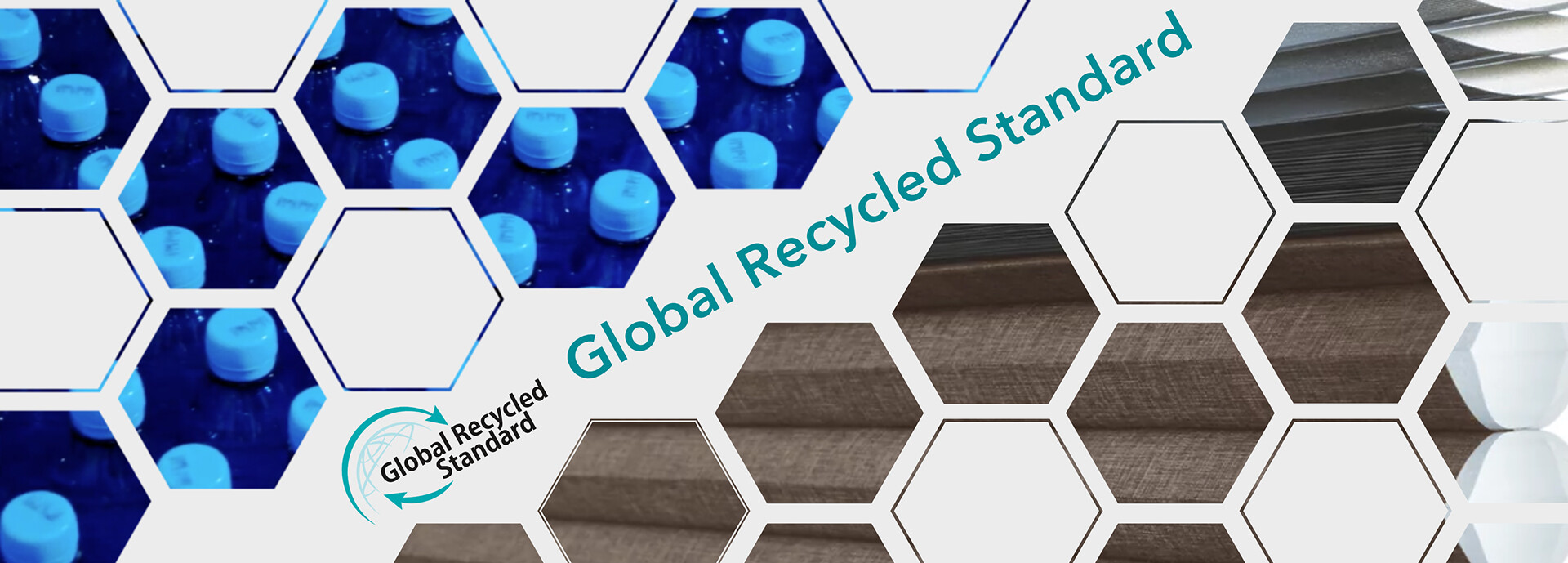

This Law No. 30884, that regulates single-use plastic and disposable containers or containers, was enacted on December 19, 2018, and regulated by Supreme Decree No. 006-2019-MINAM on August 23, 2019.
The Law No. 30884 of Peru and its implementing regulations, mainly involve the management of singleuse plastics and nonreusable plastic products, including prohibiting and restricting the use, production, import and sale of related products, promoting the use of recycled materials, and formulating technical standards and regulatory measures.
Main Contents
1. Purpose of the Law
To regulate single-use plastics and related products, reduce their negative impact on the environment and human health, and promote sustainable development.
2. Prohibition and Restriction Regulations
Expansion of Prohibited Areas and Scope: 120 days after the law comes into effect, the acquisition, use or sale of specific singleuse plastic products is prohibited in natural reserves, cultural heritage sites, museums, beaches, etc.; 12 months after the law comes into effect, the production, import, sale and use of various singleuse plastic products are prohibited; 36 months after the law comes into effect, the production, import, sale and use of more non-reusable or non-recyclable plastic products are prohibited.
Reduction of Use in Supermarkets and Other Places: Supermarkets and other places need to gradually replace nonreusable polymerbased bags with reusable or environmentally friendly bags within 36 months, and clarify the charging regulations.
3. Technical Standards and Specifications
Formulation of Quality Standards: The National Institute of Quality (INACAL) needs to approve the technical standards for reusable bags and related products within 240 days after the law comes into effect, and the Ministry of Environment and other departments need to approve the technical regulations and stipulate the product identification and information.
Compliance with Standard Regulations: Manufacturers and importers need to comply with the relevant technical standards and regulations during the period of gradually reducing the use of singleuse plastics, and the two are complementary and jointly applicable.
4. Registration and Information Statistics
Establishment of Registration System: The Ministry of Environment coordinates with the Ministry of Production and the General Customs Administration to establish a registration system for manufacturers, importers and distributors within 120 days after the law comes into effect, collect product market information and avoid duplicate registration.
Provision of Statistical Information: Relevant parties need to register within the specified time and provide statistical information every year. The Ministry of Environment and other departments establish a mechanism to generate and share statistical information on the import, production, sale and consumption of products.
5. Education and Publicity
Carrying out Publicity Activities: The Ministry of Environment, the Ministry of Education, the Ministry of Production and local governments carry out educational activities to raise public awareness of the harm of plastics and encourage enterprises to adopt environmentally friendly technologies and materials.
Multiparty Participation in Publicity: Participants in the plastic value chain participate in publicity activities, sales places implement environmental education strategies, and administrative departments promote the publicity of relevant environmental protection days to reduce plastic waste.
6. Regulation and Law Enforcement
Clarifying Regulatory Responsibilities: Multiple departments and local governments are responsible for supervising, inspecting and punishing violations of the law and exercising their powers in accordance with relevant laws.
Violations and Penalties: Failure to fulfill the obligations related to the law constitutes a violation, and the punishment is carried out in accordance with the regulations. Appropriate sanctions are applied according to the severity of the violation, following the principles of reasonableness and proportionality.
7. Obligation to Use Recycled Materials
Requirements for PET Bottle Production and Use: Manufacturers of specific PET bottles need to use at least 15% of postconsumer recycled PET materials (PET/PCR) in production, packagers need to use PET/PCR bottles that meet the regulations, and importers need to comply with the corresponding percentage regulations. This obligation comes into effect three years after the law is promulgated, and the implementing regulations stipulate the implementation details.
Exclusion of Specific PET Bottles: PET bottles used in hot-fill production lines and some reusable PET bottles are excluded from the above regulations, and the law defines the concept of reusability.
8. Certification and Tax Regulations
Biodegradable Plastic Certification: Producers and importers of plastic products need to hold a biodegradability or equivalent certificate issued by a certified laboratory. Imported certified plastic products have the same legal effect. Relevant departments are responsible for market supervision, and products that meet the regulations are exempt from relevant taxes.
Plastic Consumption Tax: A plastic consumption tax is established to levy taxes on the purchase of specific plastic shopping bags. The tax rate increases year by year. The tax obligation arises at the time of purchase and is collected by the seller. It is declared and paid monthly, and the tax revenue belongs to the national treasury and comes into effect on August 1, 2019.
9. Other Regulations
Promoting the Formalization of Value Chain Participants: The administrative department promotes the formalization of plastic value chain participants. The regulations stipulate mechanisms including noneconomic incentives. Local governments formulate plastic recycling strategies and encourage cooperation with enterprises.
Public Expenditure and Information Display: National institutions implement the law within the existing resources. Commercial institutions need to display information announcements. The plastic consumption tax is collected by the seller and declared and paid in accordance with the regulations.
Regulation Formulation and Evaluation: The Ministry of Environment and other departments approve the implementing regulations of the law, evaluate the reduction of singleuse plastics, and the administrative department forms a technical committee to evaluate the impact of the regulations and ensure that the activities of small and micro enterprises are not affected.
Modification and Supplement of Laws: Modify the relevant content of the Law No. 30224, abolish or modify the regulations that conflict with this law, and the law includes an annex for the interpretation of terms.
